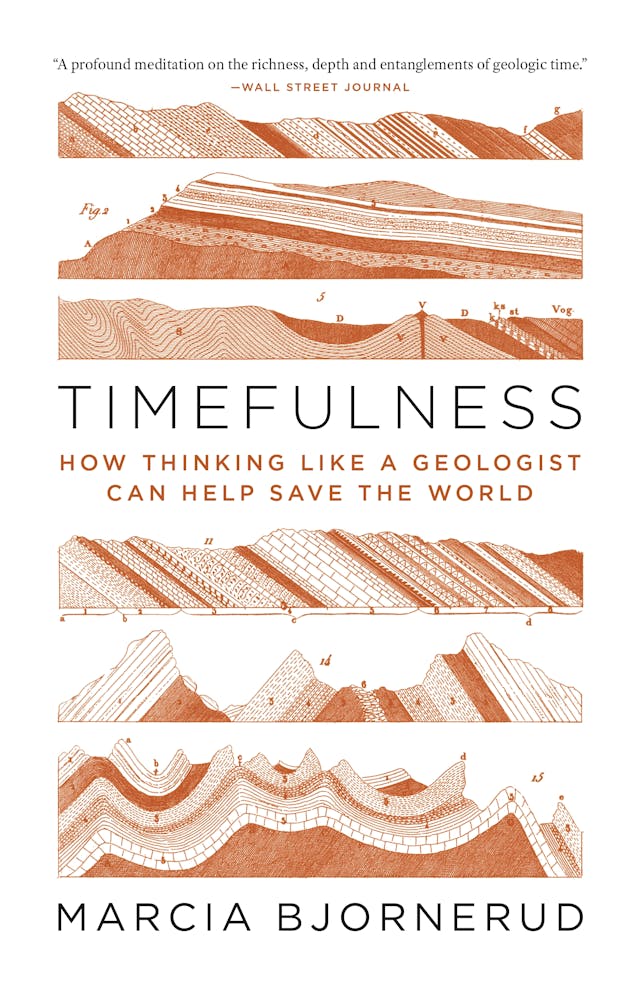Blog Archives
Answers in Genesis, climate change, and vaccination

I was dismayed last Thursday to see the following paragraph posted by AiG under Ken Ham’s byline:
In the article [in The Conversation], the author uses the term science to refer to the so-called “scientific consensus” regarding things such as climate change alarmism, vaccinations, evolution, and a lack of “human exceptionalism.” But what the author is failing to recognize is the difference between observational and historical science. In other words, this author has a “difficult relationship with science” because the author doesn’t understand the word science.
For some time, Answers in Genesis has minimized the importance of human-made climate change, as have Creation Ministries International and the Discovery Institute, and this position of necessity involves denying the authority of a declared scientific consensus. However, Answers in Genesis has hitherto accepted the value of vaccines, and in two recent related articles, here and here, gives a detailed scientific account of how vaccines work, and praises their effectiveness in the context of the complexity of the immune system, which of course for AiG is evidence for creation.
The article in The Conversation, cited above, reports that “[p]eople with a libertarian or conservative worldview are more likely to reject climate change and evolution and are less likely to be vaccinated against COVID-19,” and in the US context relates such rejection of science and an exaggerated view of human exceptionalism, to religiosity.
The historical versus observation nonsense is familiar, as are the attacks on scientific consensus and on concern about climate change, and our models of climate change do indeed involve the “historical science” that uses ice cores and other techniques to map climate change throughout the Ice Ages and beyond. But including “vaccinations” in the areas of scientific consensus apparently to be rejected is alarming. The study of vaccine effectiveness is very much part of current observational science, and we can see no good reason for Answers in Genesis to be turning against it, even on their own terms. What we must fear is that AiG may be about to fall in line with other creationist institutions ranging from Grace Community Church to the Discovery Institute in minimizing the severity of an epidemic that is known to have killed 644,840 people in the US and 4,442,332 worldwide (as of August 22). AiG was from the outset ambivalent about masks, and even jokingly (or blasphemously) telling its readers not to be anxious about COVID just as Jesus told his disciples (Matthew 6:25-34) not to worry about the necessities of life. Despite a rash of articles in March and April of last year, arguing that the mutations giving rise to COVID were not really examples of evolution, AiG has published nothing of significance on the subject since that time.
This does not bode well.
This piece appeared first on PandasThumb. Thanks to Dan Phelps and to the Sensuous Curmudgeon for alerting us to the AIG post, and to Dan Phelps for unearthing the photograph from Ken Ham’s tweet lead.
Timefulness: How thinking like a geologist can help save the world (review; long)
 Timefulness: How thinking like a geologist can help save the world, Marcia Bjornerud, Princeton University Press, 2018/2020
Timefulness: How thinking like a geologist can help save the world, Marcia Bjornerud, Princeton University Press, 2018/2020
There are many excellent overviews for the general reader of how life on Earth has changed over time (see, for a recent example, Neil Shubin’s Some Assembly Required, which I reviewed here recently. The history of the Earth itself has not been so well served, and Timefulness; How Thinking Like a Geologist Can Help Save the World, by Marcia Bjornerud, Professor of Geology and environmental Sciences at Lawrence University, is a welcome and timely addition to this badly under-represented genre. [1] The book is beautifully written, in plain language, with complex ideas explained with great simplicity and the use of strikingly appropriate verbal imagery. Behind this transparency of language lies a deep love and knowledge of her subject. The book should appeal to anyone looking for an overview of the Earth as the abode of life, or a perspective on our place in time, and how recklessly we are compressing the tempo of natural change.
The author presents her book as an argument for what she calls timefulness, the perception of ourselves as living in and constrained by time, of time itself as having both extension and texture, of the acceptance of our own mortality, and of our own responsibilities. This she sees as severely lacking in our society. We expect people to know something about distances on the map, but Read the rest of this entry
Ten minutes Difference that Doomed the Dinosaurs
Ten minutes difference, and Earth would still be Planet of the Dinosaurs

Not only vertebrates, but ammonites, marine molluscs, perished in the disaster. Image (Haeckel, 1904, via Wikipedia). Click on this and other images to enlarge
We have suspected for some decades that the dinosaurs1 became extinct as the result of a massive meteorite, an asteroid, hitting the Earth. We have known where the impact site was since 1990, if not before. But it is only last year that we successfully drilled into the impact site, and only now, for the first time, do we really understand why the impact was so fatal. And if the meteorite had arrived ten minutes earlier, or ten minutes later, it would still no doubt have inflicted devastation, but the dinosaurs would still be here and you wouldn’t.
66.1 million years ago, dinosaurs covered the Earth. 66 million years ago, there were none. And not only the dinosaurs, but the pterosaurs in the skies, the long necked plesiosaurs and even the ammonites in the oceans, and 75% of all complex animal life. No terrestrial vertebrate heavier than around 25 kg seems to have survived. What happened? Read the rest of this entry
The “scientific method”, a needless stumbling block. With a note on falsification
Science does not have a separate special method for learning about the world, the “scientific method” as taught in schools is a damaging illusion, and the falsifiability criterion has itself been falsified
Below, R: How not to; “The Scientific Method”, as inflicted on Science Fair participants. Click to enlarge
 Consider this, from a justly esteemed chemistry text:
Consider this, from a justly esteemed chemistry text:
Scientists are always on the lookout for patterns.… Once they have detected patterns, scientists develop hypotheses… After formulating a hypotheses, scientists design further experiments [emphasis in original]
Or this, from a very recent post to a popular website:
The scientific method in a nutshell:
1. Ask a question
2. Do background research
3. Construct a hypothesis
4. Test your hypothesis by doing experiments
5. Analyze your data and draw conclusions
6. Communicate your results [emphasis in original]
Then, if you find yourself nodding in agreement, consider this:
Since a scientific theory, by definition, must be testable by repeatable observations and must be capable of being falsified if indeed it were false, a scientific theory can only attempt to explain processes and events that are presently occurring repeatedly within our observations. Theories about history, although interesting and often fruitful, are not scientific theories, even though they may be related to other theories which do fulfill the criteria of a scientific theory.
If you are familiar with the creation-evolution “controversy”, you may well suspect that last example of being so much creationist waffle, intended to discredit the whole of present-day geology and evolutionary biology. And you would be right. This quotation is from Duane Gish, a major figure in the twentieth century revival of biblical literalist creationism, writing for the Institute of Creation Research.1
 L: Mike Pence, ” [N]ow that we have recognised evolution as a theory… can we also consider teaching other theories of the origin of species?”
L: Mike Pence, ” [N]ow that we have recognised evolution as a theory… can we also consider teaching other theories of the origin of species?”
Such nonsense isn’t funny any more, if it ever was. The man who may very soon find himself President of the United States is an eloquent spokesman for creationism.
And yet Gish’s remarks seem to follow from the view of science put forward in the first two excerpts. What has gone wrong here? Practically everything. Read the rest of this entry
